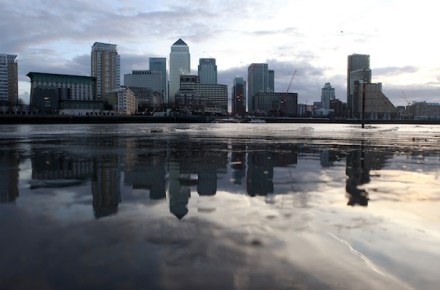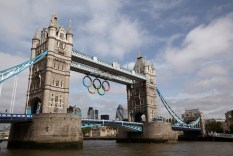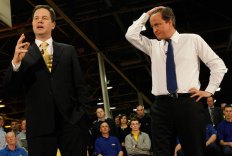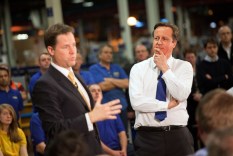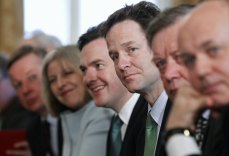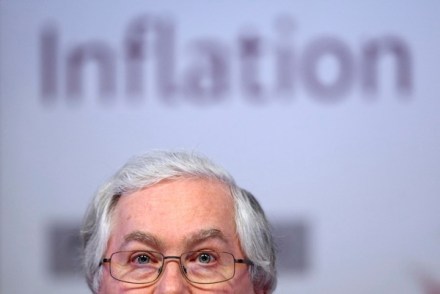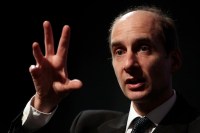MPs should move their money from big banks
by Stephen Williams MP The Libor scandal has shown the UK’s banking sector in its worst light. The public has lost trust in the big banks and are concerned that their politicians are more interested in political point scoring than the urgent task of fixing our broken banking system. That is why, last year, I joined the Move Your Money campaign, which urges the public to use their consumer power to change the behaviour of the big banks by moving their money, or at least some of it, to ethical, local or mutual financial institutions. The stats show that we are more likely to go through a couple of divorces
